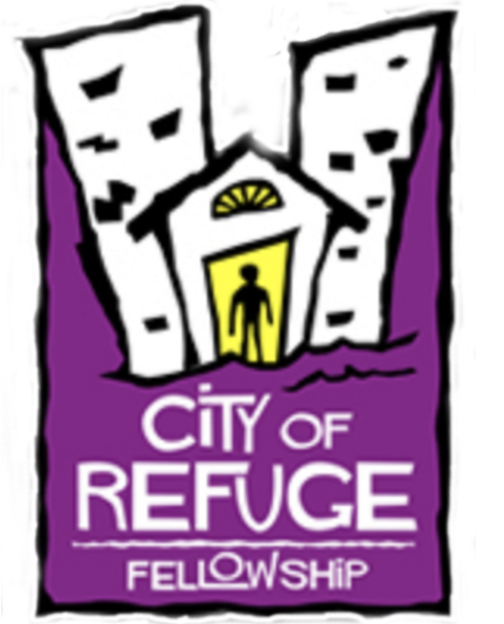Philippians 3:17-4:1
When I left home for the first time it was to go to college. I was 17 years old when we packed the family car and drove from Richmond, VA to Baton Rouge, LA. I remember watching my parents drive off a day after they had gotten me set up in my dorm room, leaving me nearly 1,100 miles from home. For the first time I was in a foreign place. The weather was different, the accents were different, the food was different, I knew I was where God wanted me to be but I was also keenly aware that I was not where I belonged. This was not my home, it was an important place and I needed to be diligent and devoted to my purpose there, but it was not where I would remain. I can remember on that first night after my parents left counting the days before I would go home for the first time during Thanksgiving break. As Paul begins to bring his letter to the Philippians to a close he makes a very important announcement to them, “our citizenship is in heaven.” This statement is not sentimental it’s of extreme importance. If you don’t know where you belong you will find a way to fit in where you are. If you don’t know your identity you will take on the identity of the environment around you. If you don’t keep your purpose before you it becomes very easy to assimilate to the purpose of those that resemble you and take on the traits of the place that seems closest to where you want to be. Paul is summing up what Jesus told the Apostles in John 15:19, “you do not belong to the world, but I have chosen you out of the world. That is why the world hates you.” We are from a different place and we are here for a specific reason and so our effort, our lives and our desires cannot be spent making this world more comfortable for us it has to be spent maintaining our citizenship in heaven even while we are living in this distant land. Being citizens of heaven means that we will be at odds with the world in which we live but it also means being chosen by God to call forth His kingdom on earth as it is in heaven and being equipped by His Spirit to be ambassadors of Christ in a foreign land. This world is not our home, but we are here to do far more than to pass through or to make it more comfortable for ourselves. When Paul and Silas preached the gospel in Thessalonica a mob formed in anger and accused them of “turning the world upside down”. The gospel does not assimilate with the laws of the world, the people of God cannot blend in with the ways of the world and our citizenship in heaven cannot be mixed with a citizenship in the world. We are not dual citizens and so, as citizens of heaven, we are called to establish the Kingdom of God, to keep our hearts and minds set on the Kingdom of heaven and to destroy the kingdom of Satan. The calling is costly but our citizenship is worth the cost and our reward is guaranteed by our returning King.

